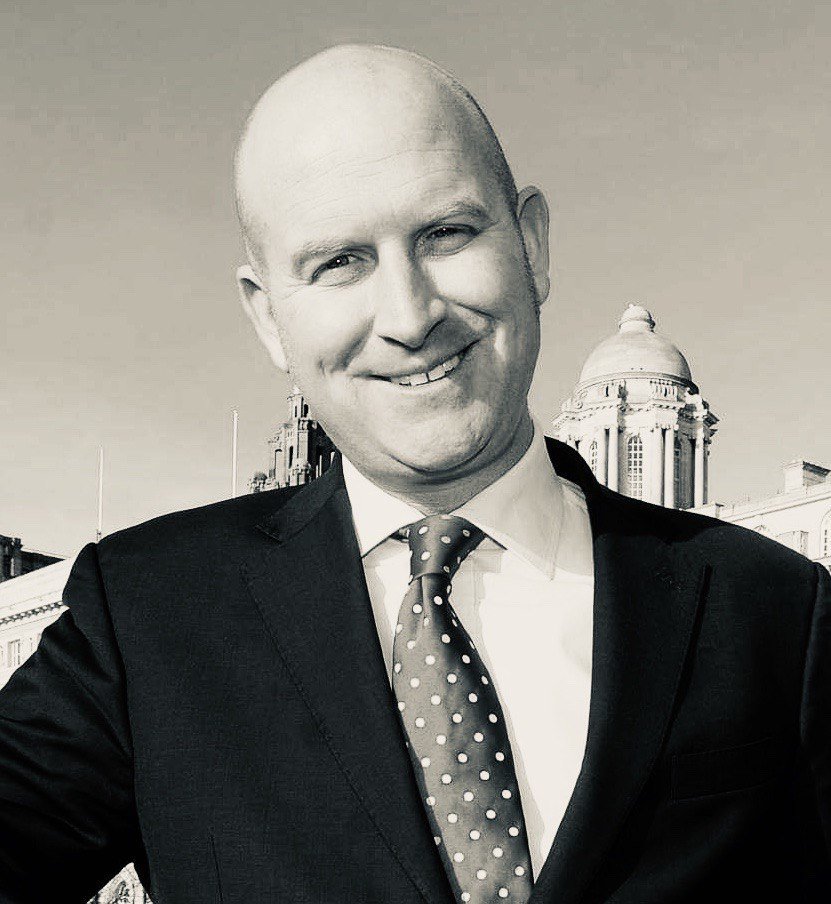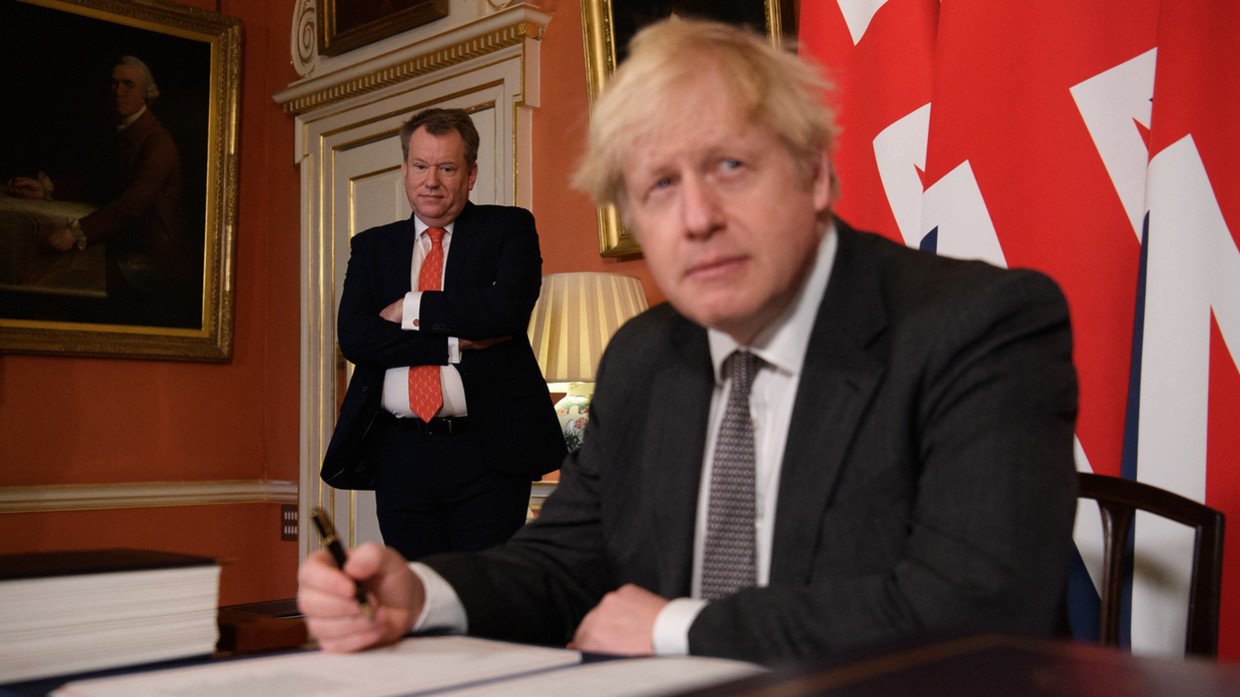Brexit has been thrown into turmoil by the resignation of Lord David Frost, the combative minister responsible for negotiating the UK’s departure from the European Union, who was widely disliked in Brussels.
Frost had apparently informed Prime Minister Boris Johnson of his intention to resign last week, but this was leaked to the press over the weekend, prompting him to bring his departure forward and go with immediate effect.
Frost’s resignation letter, which has been widely published in the British press, was a damning indictment of the direction in which Johnson’s government is headed, particularly with regards to Covid.
Frost wrote, “You know my concerns about the current direction of travel… I hope we can get back on track soon and not be tempted by the kind of coercive measures we have seen elsewhere.”
Although Frost congratulated the PM for his decision to open up the UK in July, he is clearly opposed to further lockdowns. However, Health Secretary Sajid Javid has already said further Covid restrictions are being considered, which I know, as a former politician myself, means that another lockdown is in the post.
On one level, I absolutely agree with Frost. Many of the Covid laws passed by Johnson’s government have been among the most illiberal pieces of legislation in UK history. For example, like nearly 100 Tory MPs I am appalled at the idea of Covid passports, which I believe creates a two-tier system of citizenship.
I can also understand why Frost has received almost universal approval for his resignation. Many have congratulated him for standing by his principles and some Tory MPs hope that it will force a change of direction for Johnson. I am also sure others would even like it to precipitate a change of leadership.
However, I believe that Frost’s resignation is an act of selfishness, and he should have waited until the completion of the Brexit negotiations before he stood down. Indeed, I would go as far as to say that Frost’s departure at this time is a dereliction of duty on his part.
He attempted to justify the timing of his resignation in his letter to the PM by claiming that “Brexit is now secure.” However, regardless of what Frost says, Brexit is far from secure, and another round of talks with the EU are due to start in the New Year, in which Frost was meant to be leading negotiations on the UK’s behalf.
No one could suggest that relations between the UK and the EU are healthy at the moment. Both are engaged in a game of brinkmanship and there are a number of outstanding issues that need ironing out in 2022.
There is the row with France regarding fishing licences, which may end up in the EU courts. Then there is the issue of illegal migrants crossing the English Channel, which may require a unified EU agreement to resolve. And most importantly, there are the problems surrounding the Northern Ireland Protocol, which have the potential of reigniting sectarian violence in the region.
In my opinion, Frost should have stuck around until these issues were resolved, regardless of his differences with the PM and his obvious disdain for the UK government’s Covid policies. Britain needed Frost and his pugnacious negotiating style to lead these talks with the EU, and the country is in a weaker place as a result of his resignation.
It is interesting that no one has a good word to say about Frost in Brussels, and I believe that is to his credit. He is known to be a “hardball” negotiator and has not allowed the EU to railroad the UK into agreeing to things that aren’t in the national interest.
It is therefore no surprise that Frost’s departure has been greeted with enthusiasm by some in the EU. Indeed, his untimely departure prompted French Minister for EU Affairs, Clément Beaune, to say that “it is time for the British government to rebuild a climate of trust with France and the EU in the interest of all.”
What Beaune really means is that it is time for the UK government to roll over, be good chaps, and accept whatever demands Brussels, or the French, put on the table.
Yesterday, it was announced that the Foreign Secretary, Liz Truss, will be taking over Frost’s duties. I have been impressed with the work Truss has done over the past few years as International Trade Secretary, but she has only been Foreign Secretary for four months and now she is being asked to take on extra responsibilities.
Moreover, wouldn’t you think that the continuing Brexit negotiations require a dedicated minister? Surely the Foreign Secretary has enough on her plate without having to take on the EU negotiators too?
Frost’s resignation marked the end of the worst week of Boris Johnson’s political career. In the last seven days, Tory MPs have rebelled against his Covid proposals, members of his team have been forced to resign for breaking Covid rules, and he has suffered one of the most humiliating by-election defeats in living memory.
I do not, however, believe that it is the endgame for the PM yet, but Frost’s resignation is an almighty blow. Not only is the UK government weakened by his departure, but the EU’s hand has been strengthened. Unfortunately, I genuinely believe that Frost’s resignation has put Brexit in peril, and who knows where it will go from here?
The statements, views and opinions expressed in this column are solely those of the author and do not necessarily represent those of RT.



